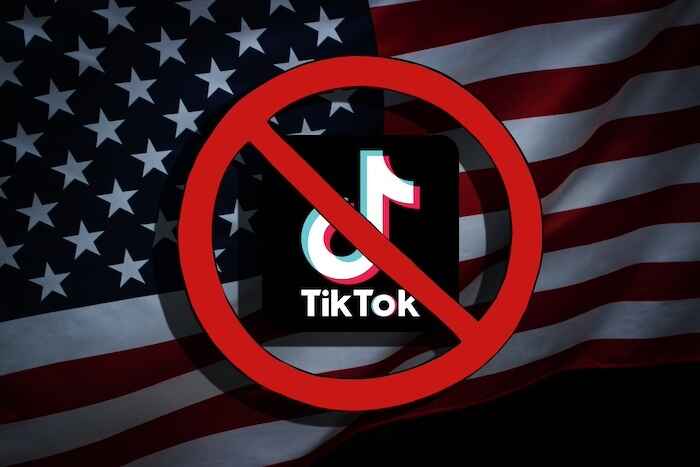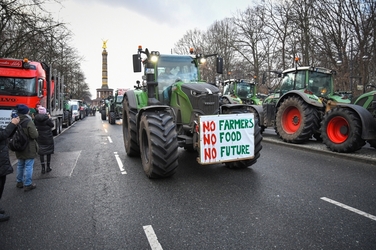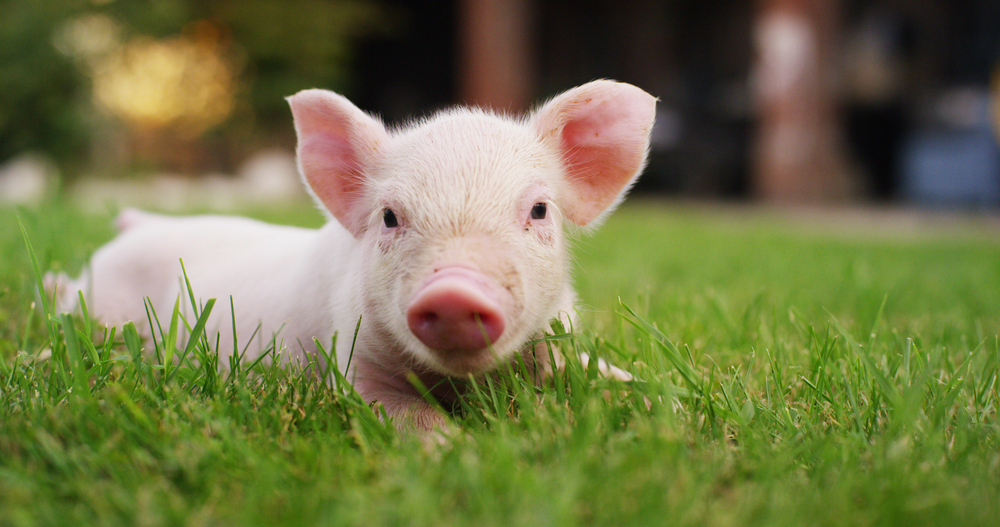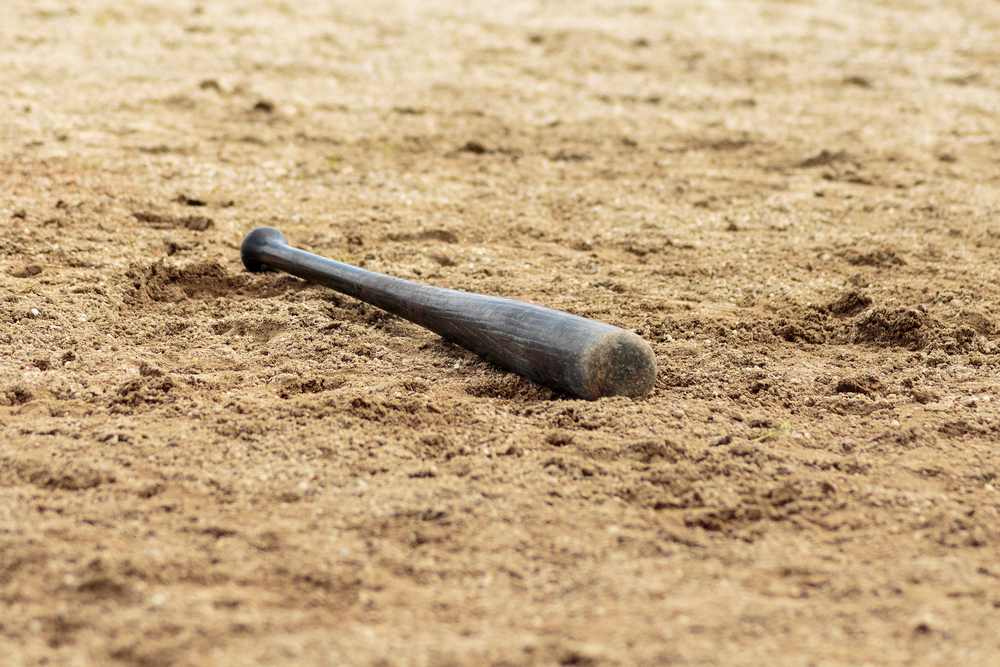Four Intriguing Questions About Libertarianism
Joel Salatin|March 7, 2023
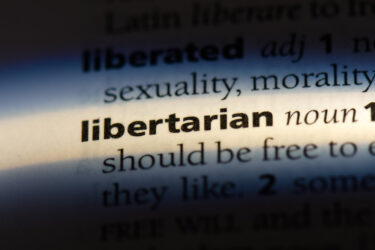
A Note From Amanda: Readers love Joel Salatin because of his unique takes on most matters… especially when it comes to the government’s role in our economy, our society and our lives. But Joel admits there are certain issues that come with more questions than answers. He dives into some of those issues today. Check out his essay below… and let us know your thoughts – and what you’re unsure about – at mailbag@manwardpress.com.
We love to be sure about things.
Certainly, being sure about some things is a good thing. But what about things that defy sureness?
I find it greatly therapeutic to list the things I’m not sure about. When you read and write as much as I do, people assume you have an opinion about every single thing.
I find admitting there are things I’m unsure about both humbling and psychologically healthy. It also releases me from the burden of feeling that I need to have a definite opinion about everything, that I’ve somehow failed in my search.
Here are a few things I can’t seem to put together. I always welcome discussions about these topics because I find them so intriguing. (Send me your thoughts at mailbag@manwardpress.com.)
1. Protectionism vs. totally open markets. As I understand it, America’s founders ran the federal government without collecting an income tax. They essentially invoiced states based on population. States could collect taxes however they wanted to. But the lion’s share of the federal budget came from tariffs on imports.
Imports from countries that don’t stifle business like the U.S. does put domestic products at a disadvantage. If we say it would require eliminating all American regulations on business to level the playing field, I could sign on to that. But barring that, doesn’t it seem neighborly to impose a tariff on imports that don’t have to comply with costly American regulations?
Good governance, it would seem, should do everything possible to make sure domestic players have a level playing field in the marketplace. A friend of mine published a book in China. He said that thanks to China’s most favored nation status, the books could be shipped from China to New Orleans for less than it cost to ship them from his warehouse 50 miles away.
Anyone who loves America should understand something is wrong with that equation.
What if we still did things the way we did when our country began? What if the federal government had to subsist on import tariffs and taxes levied by the states?
Would American manufacturing still be healthy? Would we have a Rust Belt? Or would Americans be impoverished and unable to buy overly expensive merchandise? Would the federal government be as large?
What if?
2. Payment for resources. Every time a corporation and a government outfit work out payments for mining resources, indigenous people groups yell “Colonialism!” Exploitation seems hard to deny.
How do you value resources that are part of the commons? Humans didn’t put them there… but people do happen to live there.
The world shouldn’t have a right to a mineral found under tribal land, for example. Until it was found, it was worthless.
How do we value these kinds of assets in a way that incentivizes extraction but still respects and honors the land on which a people group live? It’s a knotty problem. Very rarely does the wealth created by such extraction flow to the people living where it’s done. But the value is created by people who don’t live there.
3. Government-owned land. I’m not talking about military bases or federal court buildings. I’m talking about parks and areas overseen by the Bureau of Land Management (BLM). In general, my experience on these lands has shown that they are among the most poorly stewarded in the nation.
Our own farm is surrounded by the Little North Mountain Wildlife Management Area, state land acquired in the late 1960s by the Virginia Department of Game and Inland Fisheries. The area’s management is an ecological nightmare. The same is true of BLM land I’ve visited as part of farm consultations on adjoining private properties.
While private ownership doesn’t guarantee good stewardship, government ownership seems to guarantee terrible stewardship. Whether it’s no-cut policies in wilderness areas or overgrazing in BLM allotments, on every government-owned land I’ve stepped foot, I’ve seen examples of poor stewardship.
When I visited Yellowstone a couple of years ago, I couldn’t believe how poorly managed it was. That place needs several crews with chainsaws and chippers to give the trees room to grow. It’s a veritable weed patch.
4. Child protective services. Are some parents horrible? Yes, but the arrogance of these agencies is also deplorable. Should the state be able to take a child away from parents as easily as it does?
More and more, these agencies intervene in situations that should come down to parental preference. I grew up getting spanked, and it was a good teacher. I spanked my kids. But today, employing this historically normal training method can lead to your children being taken away and put into foster care – as if that’s better.
I would rather see some children live in bad situations than have parents paranoid about running afoul of the behavior police. I love kids, but they are not the property of the state. In my Biblical view, they aren’t even owned by their parents. They are given to us by God and entrusted to parental care.
In Somalia, parents can call the police to take their disobedient children – up to 21 years old – to jail. Somehow that culture seems to survive.
I think parents should be given tremendous latitude in determining how to raise their kids. But I don’t want kids abused. In fact, I think parents who let their kids drink Coke are abusive. But I wouldn’t take their children away from them.
Enough for now. On these subjects, I don’t know the right answer… and that’s okay.
What are you unsure about? Share your thoughts at mailbag@manwardpress.com.

Joel Salatin
Joel Salatin calls himself a Christian libertarian environmentalist capitalist lunatic farmer. Others who like him call him the most famous farmer in the world, the high priest of the pasture, and the most eclectic thinker from Virginia since Thomas Jefferson. Those who don’t like him call him a bioterrorist, Typhoid Mary, a charlatan, and a starvation advocate. With a room full of debate trophies from high school and college days, 12 published books, and a thriving multigenerational family farm, he draws on a lifetime of food, farming and fantasy to entertain and inspire audiences around the world.


